|
by Victoria Gehman, Safe Communities Social Work Intern With the holidays quickly approaching, a vast variety of emotions can surface. For some, this time of year evokes excitement. For others, it may be mostly happiness mixed with some stress - stress because of trying to prepare a meal and get the house clean on time. Or maybe it's stress due to the struggle to be kind to that one in-law. For still others, the holidays can be one of the most lonely and difficult times of the year. Maybe it's the husband whose wife died a couple years ago, and, without her, he has no family left and just can't seem to get in the holiday spirit anymore. Maybe it's the sick woman who is bedridden in a hospital and neglected by family. Perhaps it's the foster child who has aged out of the foster care system and isn't sure if she has a place to call home where she could go for the holidays. Or perhaps it's the survivor of child sexual abuse who dreads the holidays for a myriad of reasons.
0 Comments
By Linda Crockett, Director of Safe Communities
In the state of Pennsylvania, some adults are considered mandated reporters of suspected child abuse. These include individuals holding some specific roles (such as doctors, clergy, school employees and others) but also any adult (age 18+) who comes into contact with children in the course of their work or professional practice, or an individual, paid or unpaid, who, on the basis of their role as an integral part of a regularly scheduled program, activity or service, is a person responsible for the care, guidance, supervision or control of children. Many adult volunteers in churches and youth serving organizations are mandated reporters. Although this inclusion of volunteers as mandated reporters took place in 2014, our Safe Communities organization continues to work with many churches and youth serving organizations that have not caught up with major change. |
|
© Safe Communities. All rights reserved, 2021.
|
subscribe to email updates |

 RSS Feed
RSS Feed
